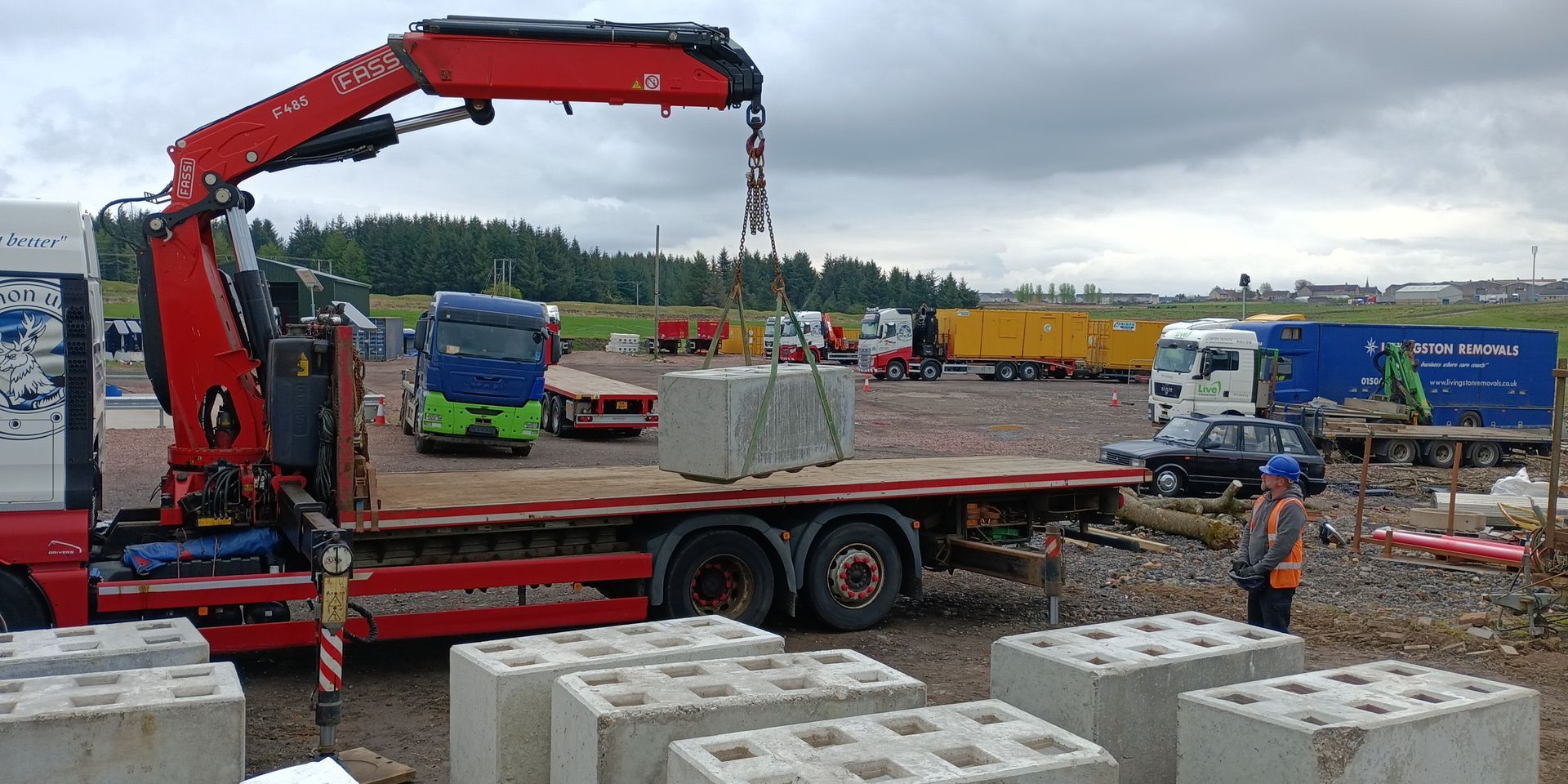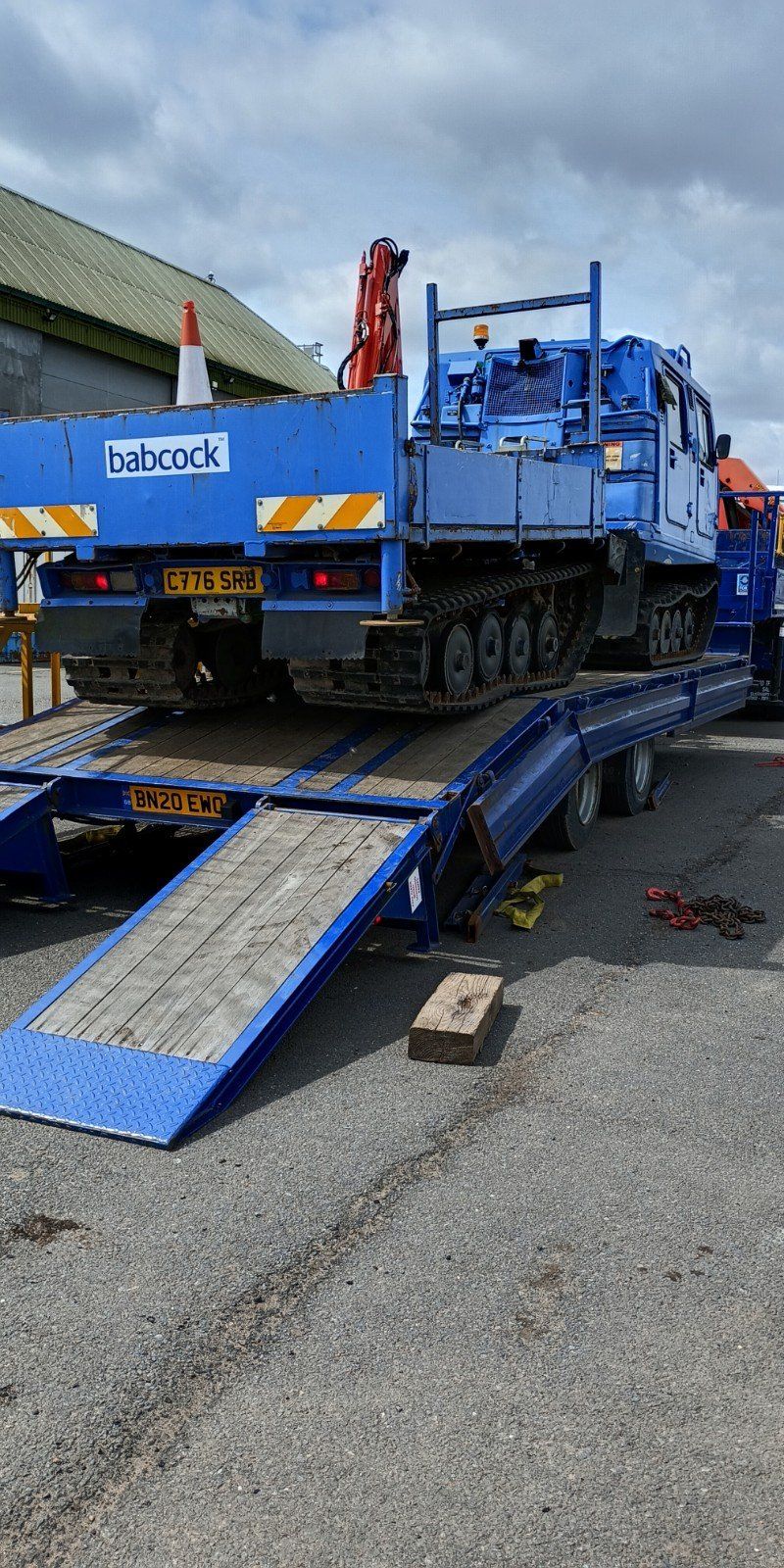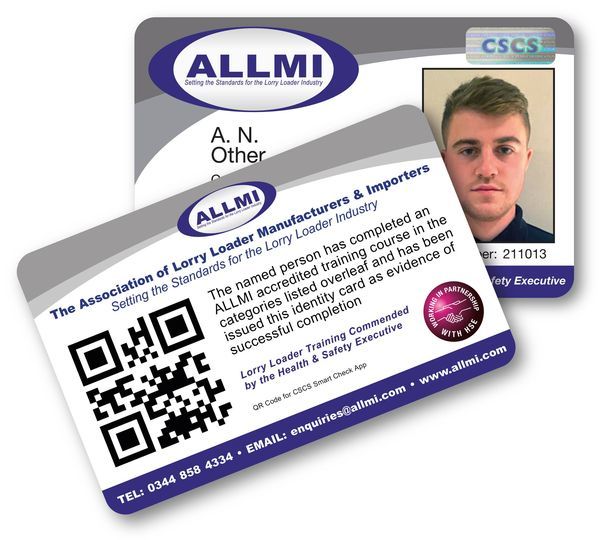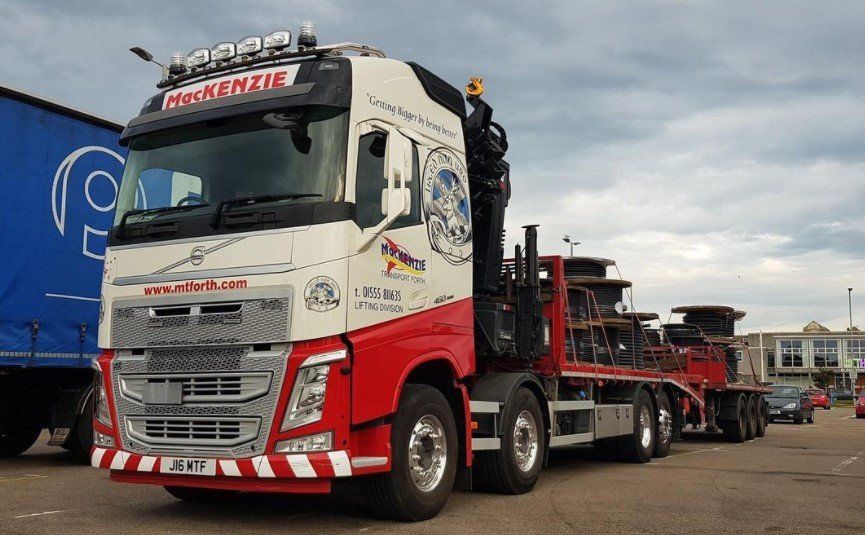PPE REGS 2022 AMMENDMENT
Changes to the definition of worker for PPER

As from 6th April 2022, the Personal protective equipment regulations (PPER) have been extended to include limb workers (b).
Limb (a) describes those with a contract of employment. This group are employees under the Health and Safety at Work etc Act 1974 and are already in scope of PPER 1992
Limb (b) describes workers who generally have a more casual employment relationship and work under a contract for service – they will now come under the scope of PPER 1992
“worker” means ‘an individual who has entered into or works under –
(a) a contract of employment; or
(b) any other contract, whether express or implied and (if it is express) whether oral or in writing, whereby the individual undertakes to do or perform personally any work or services for another party to the contract whose status is not by virtue of the contract that of a client or customer of any profession or business undertaking carried on by the individual;
General duties of limb (b) workers
Generally, workers who come under limb (b):
- carry out casual or irregular work for one or more organisations
- after 1 month of continuous service, receive holiday pay but not other employment rights such as the minimum period of statutory notice
- only carry out work if they choose to
- have a contract or other arrangement to do work or services personally for a reward (the contract doesn’t have to be written) and only have a limited right to send someone else to do the work, for example swapping shifts with someone on a pre-approved list (subcontracting)
- are not in business for themselves (they do not advertise services directly to customers who can then also book their services directly)
As every employment relationship will be specific to the individual and employer, the precise status of any worker can ultimately only be determined by a court or tribunal.
These changes do not affect 'self employed' persons.






